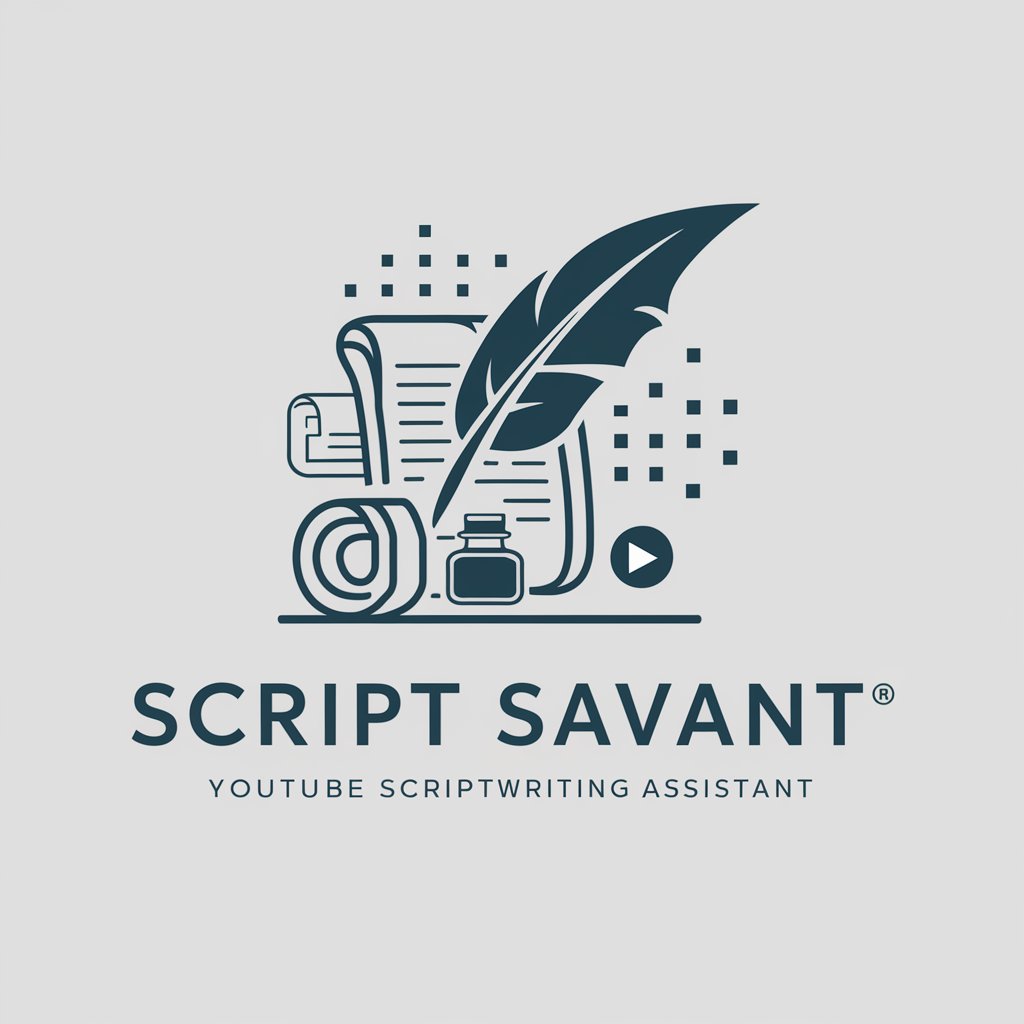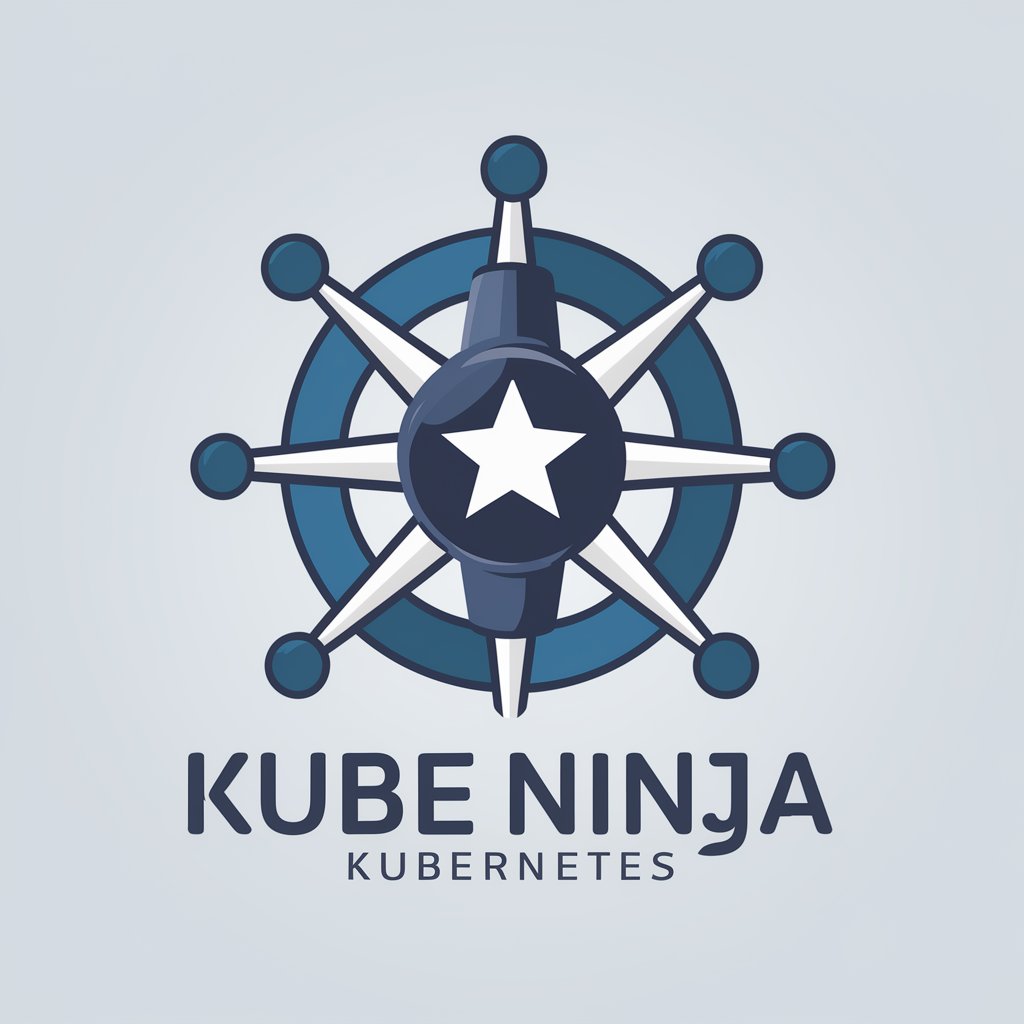
Japanese Trial Regulation Assistant - Japanese Clinical Trial Guidance

Welcome! How can I assist with Japan's clinical trial regulations? (日本語でお答えします。)
AI-powered Japanese Clinical Trial Regulation Expert
日本での臨床試験における主要な規制について教えてください。
日本のGCPガイドラインは国際基準とどう異なりますか?
日本での臨床試験承認プロセスについて説明してください。
初回IRBに必要な文書は何ですか?
Get Embed Code
Introduction to Japanese Trial Regulation Assistant
The Japanese Trial Regulation Assistant is designed to serve as a comprehensive source of information and guidance on the complex regulatory landscape of clinical trials in Japan. It is built to navigate, explain, and provide advice on the specific regulatory requirements, guidelines, and best practices for conducting clinical trials within the Japanese jurisdiction. For example, it can elucidate the principles of Good Clinical Practice (GCP) as outlined by the Japanese Ministry of Health, Labour and Welfare (MHLW) and the Pharmaceutical and Medical Devices Agency (PMDA), including recent updates such as ICH-E6(R2) amendments. Another scenario involves guiding sponsors through the process of submitting trial applications, managing trial conduct, monitoring, and reporting adverse events, ensuring compliance with local laws and international standards. Powered by ChatGPT-4o。

Main Functions of Japanese Trial Regulation Assistant
Regulatory Guidance
Example
Explaining the requirements for initiating a clinical trial, including the necessary documentation for a Clinical Trial Notification (CTN) submission to the PMDA.
Scenario
A biotech company planning a Phase 2 drug trial in Japan seeks to understand the regulatory pathway, including CTN submission, GCP requirements, and ethical considerations.
Compliance Strategy
Example
Advising on the development of a quality management system that meets the ICH-GCP guidelines and local Japanese regulatory requirements.
Scenario
A multinational pharmaceutical company needs to align its global clinical trial operations with Japanese GCP amendments and local regulations for a multi-center trial.
Monitoring and Reporting
Example
Guidance on risk-based monitoring strategies and adverse event reporting in compliance with Japanese regulations.
Scenario
A clinical research organization (CRO) conducting trials in Japan seeks advice on setting up an effective risk-based monitoring plan and reporting serious adverse events (SAEs) according to local requirements.
Ideal Users of Japanese Trial Regulation Assistant Services
Pharmaceutical Companies
Companies looking to develop and test new drugs in Japan would benefit from detailed regulatory insights, ensuring compliance and efficient trial management.
Clinical Research Organizations (CROs)
CROs that manage clinical trials on behalf of sponsors can utilize the service to navigate complex regulatory requirements and implement best practices in trial conduct, monitoring, and reporting.
Academic Researchers
Researchers conducting investigator-initiated trials (IITs) would find the assistant invaluable for understanding regulatory obligations, ethical considerations, and quality management for trials.

How to Use Japanese Trial Regulation Assistant
1
Start by visiting yeschat.ai to access the Japanese Trial Regulation Assistant for a hassle-free trial, no sign-up or ChatGPT Plus required.
2
Prepare your questions or documents related to Japanese clinical trial regulations, ensuring they are clear and specific to get the most accurate assistance.
3
Use the tool's query box to type in your questions or upload documents related to clinical trials in Japan for detailed insights and guidelines.
4
Review the provided information carefully. Utilize the tool's ability to clarify or dive deeper into topics for comprehensive understanding.
5
For best results, provide feedback on the answers received or ask follow-up questions to explore additional aspects or clarify any uncertainties.
Try other advanced and practical GPTs
Glasgow Coma Scale Calculator
AI-powered Consciousness Assessment Tool

JángAfrik
Unveiling Africa's Past with AI

Floor Guide
AI-powered Flooring Assistance

Life Coach
Empowering Your Journey with AI

Oracle of Oz
Empowering Your Fantasy Worlds

Script Savant
Elevate Your Content with AI

Sports Finder
Discover, Join, and Watch Sports Events

Detective Quest Game
Solve Mysteries with AI-Driven Detective Quest

APM
Empowering projects with AI insight

NodeJS 18.x
Powering real-time, scalable applications with AI
Kube Ninja
Simplifying Kubernetes with AI-Powered Solutions

Inspirational Artist
Inspire your creativity with AI

Detailed Q&A about Japanese Trial Regulation Assistant
What regulations can Japanese Trial Regulation Assistant provide guidance on?
The assistant offers expert guidance on a wide range of regulations, including but not limited to GCP guidelines, ethics committee submissions, safety reporting, and data management practices as per Japanese regulatory standards.
Can it help with document preparation for regulatory submissions?
Yes, the assistant can provide detailed advice on preparing documents for regulatory submissions, including tips on structure, content required by PMDA, and how to align submissions with Japanese regulations.
Does the assistant provide updates on regulatory changes?
While the assistant's responses are based on the latest available data up to its last update, users should verify the most current regulations as updates or changes might occur after the assistant's last knowledge update.
Can this tool help with clinical trial protocol design?
The assistant can offer guidance on protocol design considerations specific to Japan, including patient selection criteria, endpoints relevant to PMDA submissions, and compliance with Japanese clinical trial regulations.
How can users ensure they are getting the most accurate information?
Users should provide detailed, specific questions and, when possible, reference the aspect of the regulation or guideline they are inquiring about. The assistant uses the latest regulatory documents and guidelines as its knowledge base for providing accurate responses.